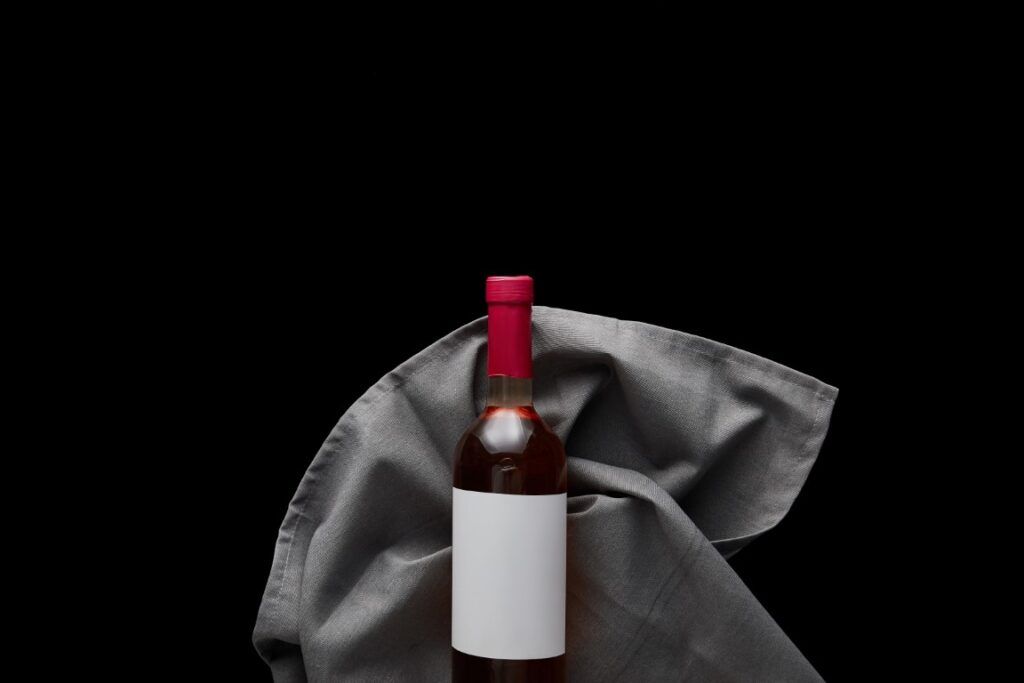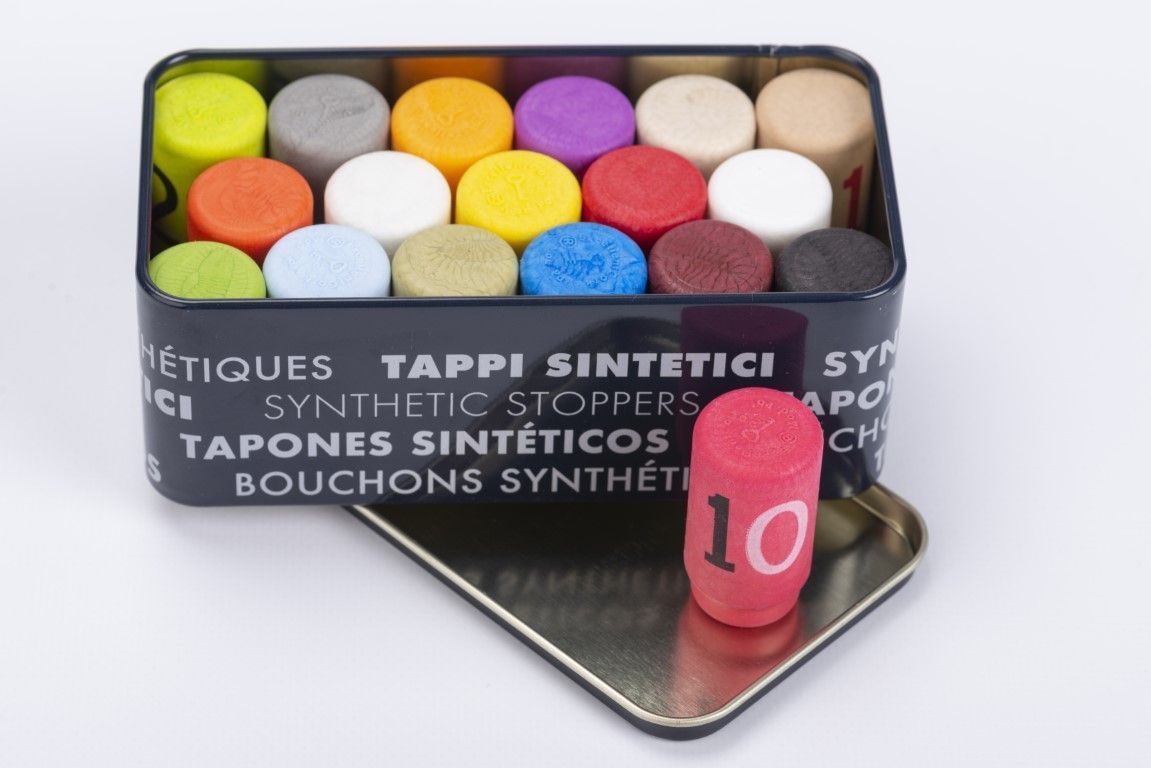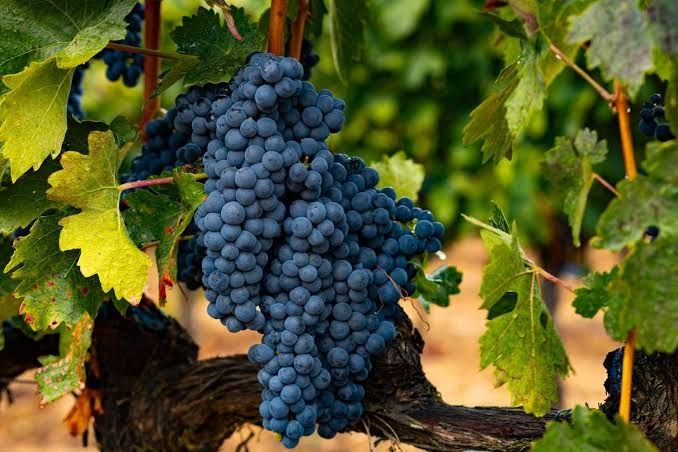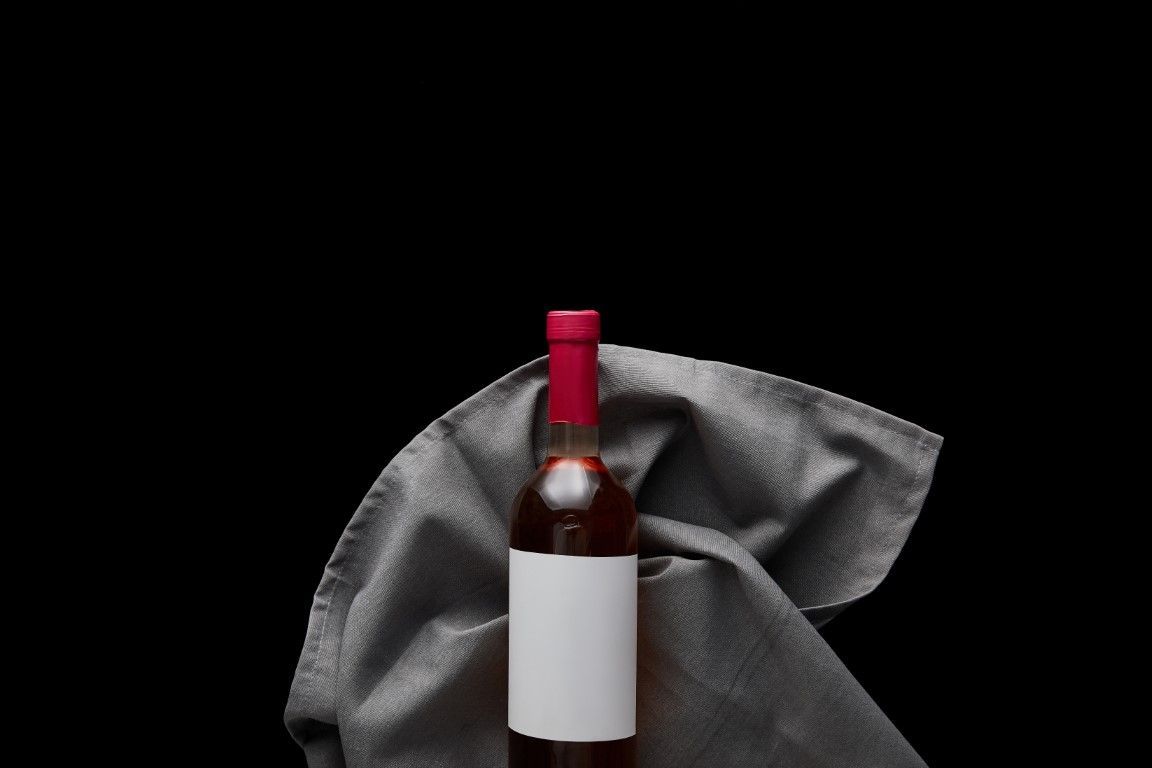The choice of wine bottle closure not only influences its preservation but also impacts consumer perception and the overall drinking experience. For centuries, natural cork has been the most commonly used option, considered a symbol of tradition and quality. However, in recent decades, innovative alternatives such as synthetic corks and screw caps have revolutionized the wine industry. Each of these closures offers advantages and challenges that can affect the wine’s quality, longevity, and sustainability. Understanding the differences between them is essential for both producers and consumers when choosing the best option.
Types of wine bottle closures
Natural cork
Natural cork is harvested from the bark of the cork oak tree and has been the traditional closure for centuries, thanks to its natural properties and ability to regulate wine micro-oxygenation. Its main characteristics include:
- Allows controlled micro-oxygenation of the wine, aiding its evolution in the bottle and contributing to the development of more complex notes in aged wines.
- It is a renewable and biodegradable material, making it a sustainable and environmentally friendly option.
- It may cause TCA (trichloroanisole) contamination, resulting in the defect known as “cork taint,” which negatively affects the aroma and flavor of the wine.
- Enhances the sensory experience of uncorking, adding a ritualistic element to opening a bottle, which is appreciated by wine lovers.
Synthetic cork
Synthetic corks, made from materials such as expanded polyethylene, have gained popularity due to their sealing consistency and stability. They are a reliable alternative to natural cork and have been adopted by many wineries. Their advantages include:
- Eliminate the risk of TCA contamination, ensuring that the wine is not affected by sensory defects associated with natural cork.
- Offer excellent airtightness, preventing excess oxygen ingress and maintaining the wine’s freshness.
- Ideal for wines meant for early consumption, as they preserve their characteristics during short-term storage. However, some models have evolved to allow micro-oxygenation similar to natural cork, supporting controlled aging.
- Companies like Excellent Cork have developed high-end synthetic corks, designed to offer optimal sealing without altering the wine’s aromatic profile, ensuring a high-quality tasting experience.
If you want to learn more about technological advances in wine closures, we invite you to explore our synthetic corks. At Excellent Cork, we combine innovation and sustainability to offer solutions that respect the essence of wine and the planet.
Screw cap
The screw cap has seen significant adoption growth, especially in wine-producing regions like Australia and New Zealand. While initially viewed as a solution for lower-quality wines, today many wineries use it to ensure optimal preservation. Its benefits include:
- Provides an airtight seal, eliminating the risk of premature oxidation and ensuring greater stability over time.
- Easy to open and reseal without a corkscrew, making it ideal for casual and convenient settings.
- Reduces bottle-to-bottle variation, avoiding issues like TCA or sealing inconsistencies found in natural cork.
- While some consumers still perceive it as lower quality, many premium wines now use this closure for its effectiveness in preserving the wine.
Impact of closure type on wine evolution and preservation
The type of closure plays a key role in the wine’s aging and preservation. While natural cork allows slight oxygen ingress that enhances aromatic complexity and tannin evolution in age-worthy wines, synthetic corks and screw caps offer superior airtightness, preserving wine freshness without contamination risks. Choosing the right closure depends not only on the wine style but also on the expected storage time and conditions.
Consumer perception and market trends
Consumption habits have changed in recent years, and synthetic and screw caps have gained acceptance, particularly for wines meant for early consumption. However, natural cork remains the preferred choice for premium and long-aging wines due to its association with quality and tradition. Companies like Excellent Cork have developed advanced synthetic corks that mimic the properties of natural cork, allowing optimal preservation without compromising the consumer experience.
In our specialized blog, we share articles about cork innovation, trends in the wine sector, and comparative studies to help you better understand the impact of each closure type.
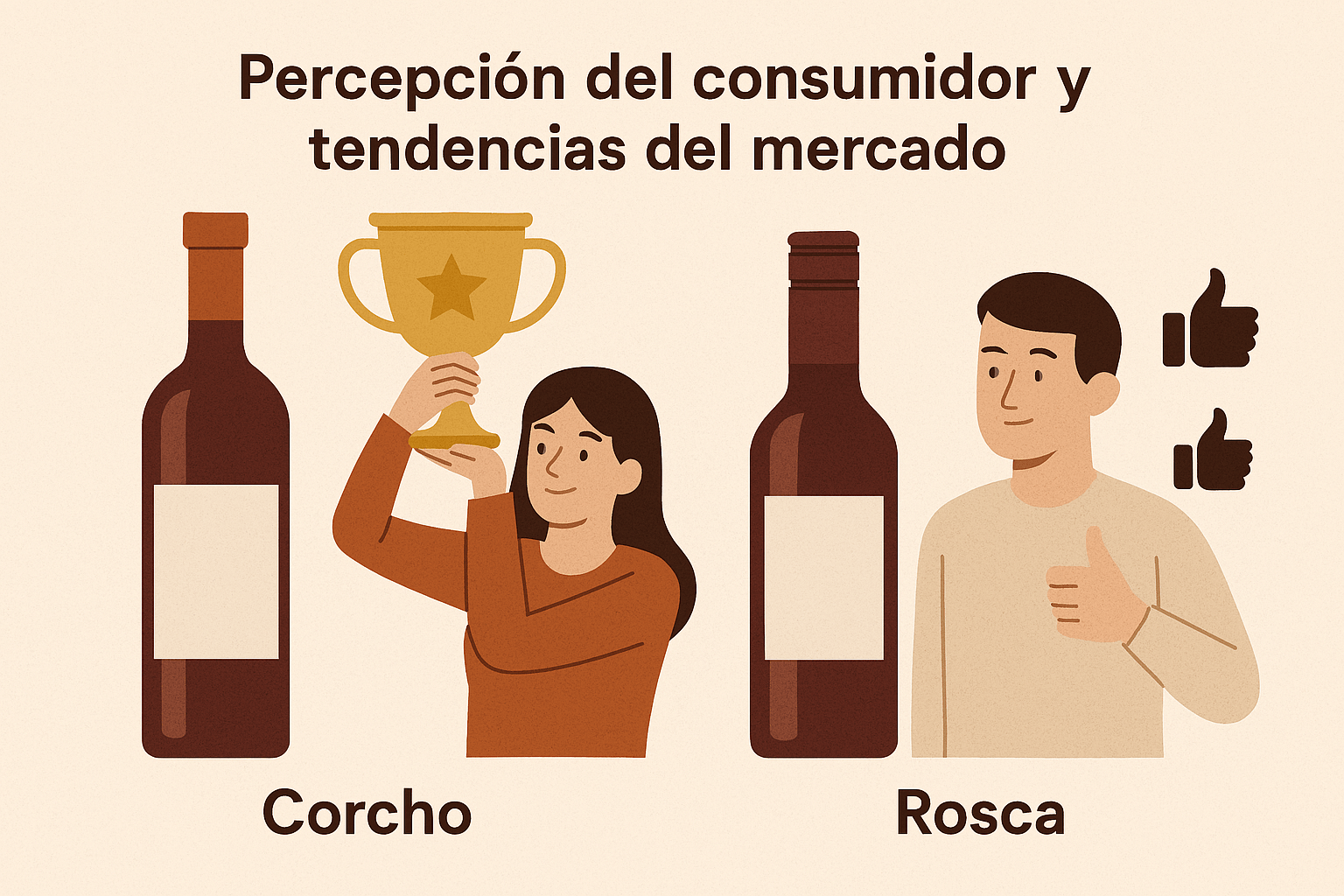
Sustainability and the environment
Sustainability is a key issue in the wine industry, and the environmental impact of the closure is a decisive factor. While natural cork is biodegradable and sustainably harvested, synthetic corks and screw caps have evolved with greener technologies and recyclable materials. Environmentally conscious and innovative companies like Excellent Cork have developed closures with a lower carbon footprint, ensuring wine quality goes hand-in-hand with environmental protection.
Sustainability is at the heart of our philosophy. Discover how our eco-friendly practices and our bio corks contribute to a more responsible industry without compromising quality.
Frequently Asked Questions
Does the closure type affect the taste of the wine?
Yes, especially in the long term. Natural cork allows slight micro-oxygenation that influences wine evolution, softening tannins and enriching the aroma over time. Synthetic corks and screw caps, on the other hand, provide a tighter seal, preserving a more stable profile and maintaining freshness.
Is it true that screw-capped wines are of lower quality?
Not necessarily. While they were once associated with inexpensive wines, many prestigious wineries now use screw caps due to their ability to preserve wine without the risk of TCA contamination and for ease of use. In fact, some white and fresh wines benefit from this closure as it helps preserve fruity aromas.
What closure is best for long-aging wines?
Natural cork remains the best option for wines that require long bottle aging. However, advances in synthetic corks have enabled their use in medium-aging wines.
Are synthetic corks recyclable?
Yes, many modern synthetic corks are made from recyclable materials. Companies like Excellent Cork have developed eco-friendly synthetic corks that contribute to the circular economy and reduce environmental impact.
Why do some sparkling wines use natural cork while others use screw caps?
Natural cork is common in premium sparkling wines because it can withstand internal pressure and allows controlled bottle aging. However, some producers use specialized screw caps to ensure an airtight seal and easy opening, especially for sparkling wines intended for immediate consumption.


